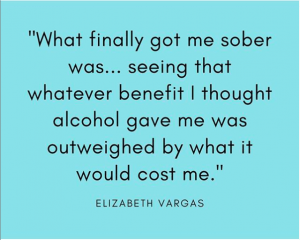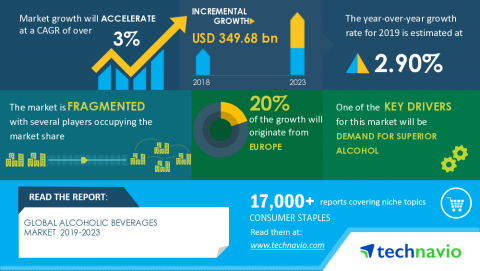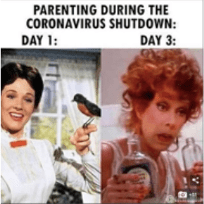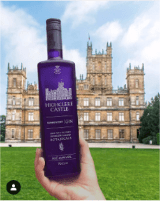As we have all seen in recent months and years, social media influencers, Instagram influencers, to be more specific, have taken it upon themselves to promote alcoholic products to other women. They do this through partnerships with alcohol companies, wineries, and breweries across the globe. But maybe instead of influencers marketing for alcohol companies and receiving payment, they should do the same thing for the promotion of alcohol awareness and education among women. I mean we are living in an age where women are constantly saying ‘let’s build each other up,’ so what better way than to spread education on the use of alcohol for women by women?
Take a look at the list below for 3 ways female influencers can use their platform for marketed alcohol awareness education rather than product marketing for big alcohol!
Partnerships with public health-oriented organizations
About 84% of Instagram influencers are women who have built a strong follower-base through their online content. Companies like, Truly Hard Cider and RumHaven, have partnered with ladies of the Bachelor/Bachelorette franchise to promote their products. These promotions are usually completed through #ads or #sponsored to increase awareness among people like us of their products and latest site promotions.
Sources: @ashely_iaconetti and @hannahg11
But maybe instead of ad promotions for alcoholic products, influencers could partner with organizations like UN Women or CDC Foundation. Both publicly funded organizations that share public health-related content on their Instagram’s and work each day with government, private, and public partners to create and protect policies for the health, safety, and security around the world. If influencers like Hannah G. or Ashley I. [pictured above] could partner with these not-for-profit organizations to share alcohol awareness education rather than marketing for big alcohol, as a society, we could get ahead of the women and alcohol epidemic and promote healthier lifestyles, much like what some influencers already do with small fitness companies.
#ALCOHOLAWARENESS campaigns
In 2016, a woman named Louise Delage became a viral Instagram sensation, where she posted a photo each day featuring herself and an alcoholic beverage. Delage’s account quickly reached more than 10,000 followers and received about 50,000 likes on each post almost overnight. But to everyone’s surprise, this account was all fiction, created by a French addiction support organization called Addict Aide, to bring awareness to the subject of women and alcohol in France. Alcohol and women is not a topic of discussion in France culture, according to Julien Leveque, French strategic advertiser. He also mentioned that French women are too often targets for alcohol marketing and as a result have begun drinking too much, a universal theme seen among alcohol and women.
Source: @shalomelambert
While this may be an unorthodox way to bring awareness to alcoholism among women, it was very effective. The creation of this account shows all of us how alcoholism does not discriminate and how social media allows some of us to hide our addictions in plain sight. With more than 10,000 followers, all of them were surprised to learn that Delage was addicted to alcohol, since posting photos and videos of yourself and friends drinking alcohol has become a cultural norm.
In addition to promoting alcohol awareness education in partnership with not-for-profit organizations, influencers could participate in the #ALCOHOLAWARENESS campaign to share their own struggles and further the education of alcohol among women in order to help others like Louise who may be struggling with alcoholism in plain sight.
So, what is next for alcohol and female influencers?
Challenge yourself and your followers
- Challenge yourself and your followers to talk about how alcohol affects your physical and emotional health.
- Challenge yourself and your followers to experience life events without using alcohol as a social clutch.
- Challenge yourself and your followers to share education on the negative effect’s alcohol causes, like depression, negative affect, cognitive fuzziness, or nausea.
- Challenge yourself and your followers to get personal about how alcohol has affected your life and your loved ones.
- Challenge yourself and your followers to participate in a ‘dry month’ where no alcohol is involved in your day-to-day and share your experiences on your Insta-stories or feed.
Since social media will never go away in our current culture, it is important that we continue to support and uplift each other as women. Female influencers who use their social media platforms in order to educate about alcohol rather than market for big alcohol companies will provide us with longer and more productive lives filled with the things we love the most.
Source: @drinkershelp








